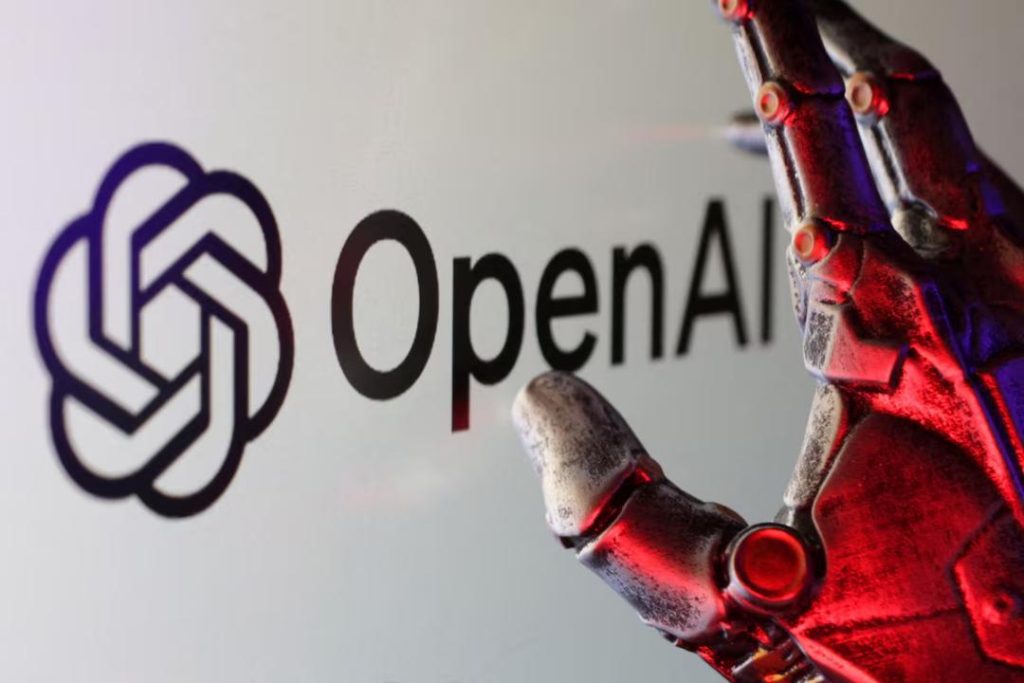
OpenAI’s Model Designs Enhanced Variants of Yamanaka Factors
The field of regenerative medicine has made significant strides in recent years, with the discovery of induced pluripotent stem cells (iPSCs) revolutionizing our understanding of cell biology and potential therapeutic applications. However, the process of generating iPSCs remains a complex and challenging task, requiring the precise reprogramming of adult stem cells to an embryonic-like state. A crucial step in this process is the expression of Yamanaka factors, a set of proteins that play a key role in stem cell reprogramming. Recently, OpenAI, in collaboration with Retro Bio, leveraged the power of GPT-4b micro to design significantly enhanced variants of Yamanaka factors, achieving remarkable results in vitro.
The Importance of Yamanaka Factors
In 2006, Shinya Yamanaka and his team discovered four transcription factors – Oct4, Sox2, Klf4, and c-Myc – that could reprogram adult stem cells into iPSCs. These factors, known as Yamanaka factors, work together to silence genes that are specific to adult stem cells and activate genes that are characteristic of embryonic stem cells. This process allows adult stem cells to acquire the properties of embryonic stem cells, making them a valuable tool for regenerative medicine and disease modeling.
The Challenge of Yamanaka Factor Expression
Despite their importance, Yamanaka factors are notoriously difficult to express in adult stem cells. The process of reprogramming is highly dependent on the precise regulation of gene expression, and even small variations in the expression levels of Yamanaka factors can significantly impact the efficiency and quality of iPSC generation. Furthermore, the expression of Yamanaka factors is often limited by their inherent instability, making it challenging to achieve high levels of expression.
OpenAI’s Enhanced Variants of Yamanaka Factors
To overcome these challenges, OpenAI and Retro Bio collaborated to design enhanced variants of Yamanaka factors using GPT-4b micro, a cutting-edge language model developed by OpenAI. By leveraging the power of machine learning, the researchers were able to identify and modify specific residues within the Yamanaka factors to enhance their stability, expression levels, and functionality.
The resulting enhanced variants of Yamanaka factors were tested in vitro, and the results were nothing short of remarkable. Compared to wild-type controls, the redesigned proteins achieved greater than a 50-fold higher expression of stem cell reprogramming markers, indicating a significant improvement in their ability to drive iPSC generation.
Implications for Regenerative Medicine
The enhanced variants of Yamanaka factors designed by OpenAI and Retro Bio have significant implications for the field of regenerative medicine. By achieving higher levels of expression and stability, these proteins may enable more efficient and reliable iPSC generation, paving the way for the development of novel therapies for a range of diseases.
Moreover, the ability to design and optimize Yamanaka factors using machine learning algorithms may unlock new possibilities for cell reprogramming and tissue engineering. By leveraging the power of artificial intelligence, researchers may be able to design novel cell therapies that are tailored to specific diseases and patient populations.
Conclusion
The collaboration between OpenAI and Retro Bio demonstrates the potential of machine learning to accelerate life sciences research. By leveraging the power of GPT-4b micro, the researchers were able to design and optimize enhanced variants of Yamanaka factors, achieving remarkable results in vitro.
As the field of regenerative medicine continues to evolve, the development of novel cell therapies and technologies will rely on the intersection of machine learning and life sciences research. The enhanced variants of Yamanaka factors designed by OpenAI and Retro Bio are a testament to the potential of this intersection, and we can expect to see many more exciting developments in the years to come.
Source:
https://openai.com/index/accelerating-life-sciences-research-with-retro-biosciences/






